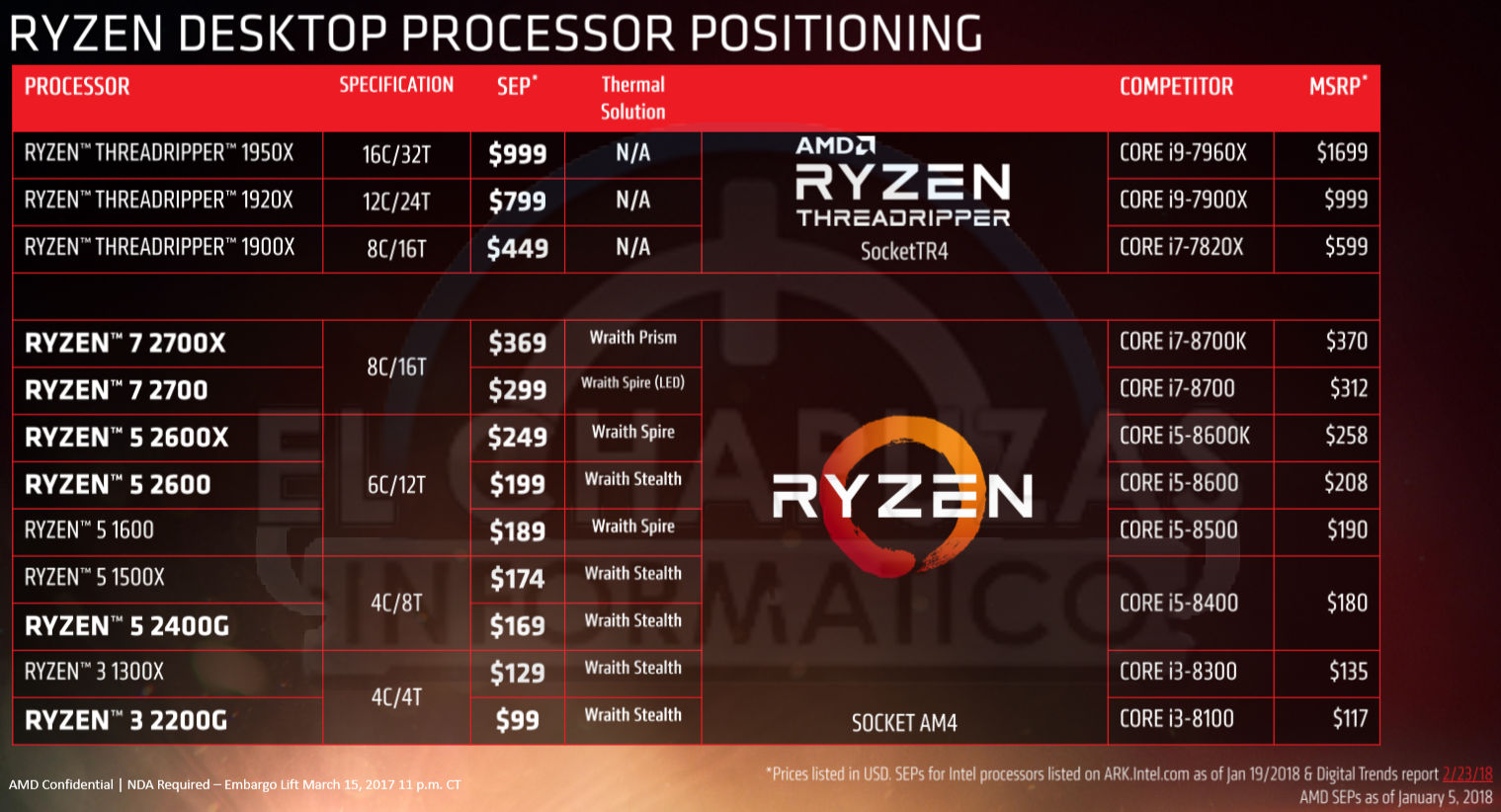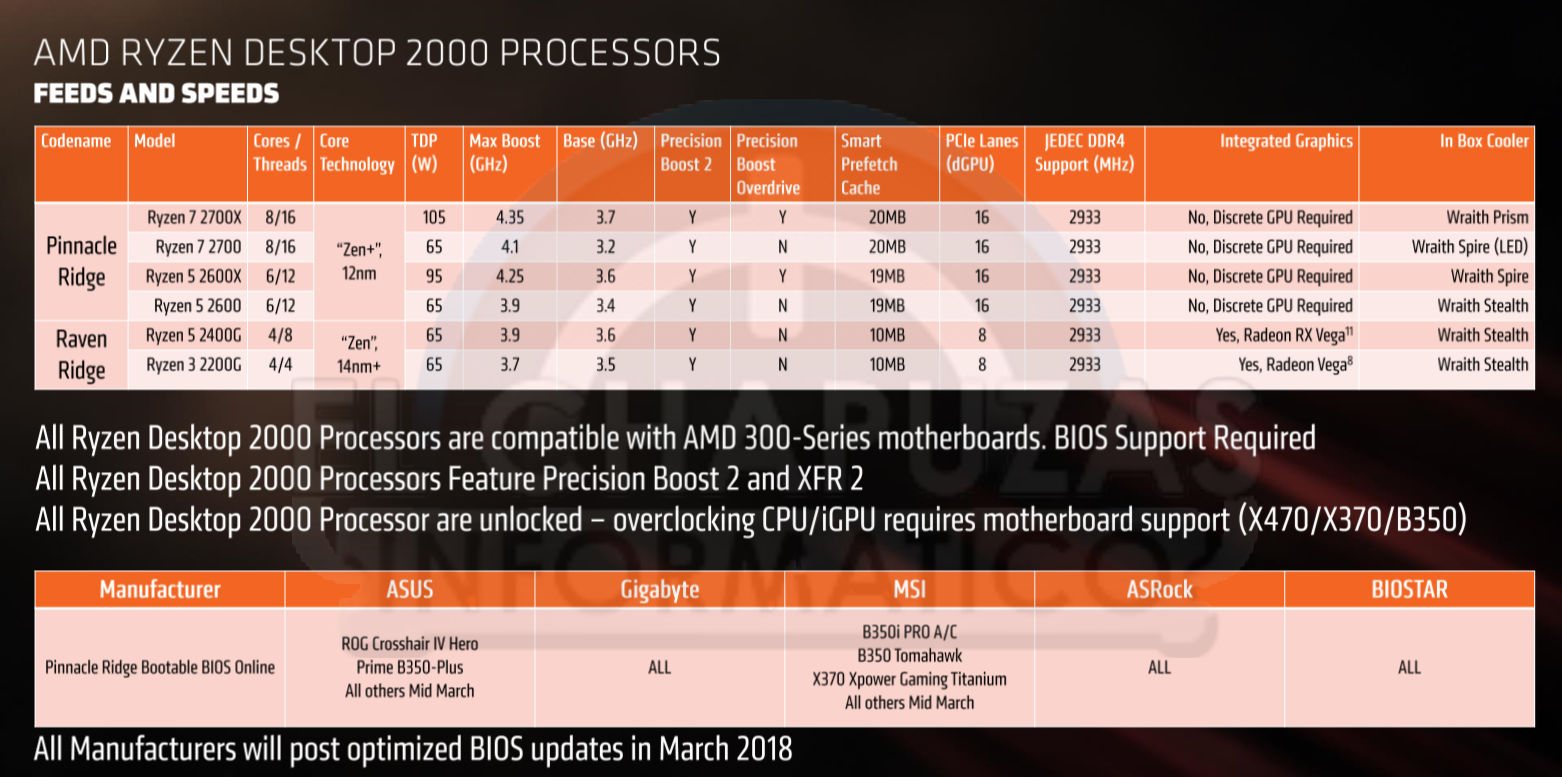juanrga :
No. The K7 and K8 were derived from Alpha technology. AMD acquired virtually the whole Alpha team for the K7.
K7 and K8 where certainly influenced by Alpha technology. In particular K7 FSB was based on DEC's Alpha bus and Hypertransport was also based on Alpha technology. However, despite what wikipedia may say, AMD it's not the company the benefitted the most from Alpha technology and its workforce. It's actually Intel who acquired virtually the whole Alpha team.
Around 1998 DEC/COMPAQ laid-off a good chunk of the Alpha team, but not the majority, an even bigger chunk remained at DEC and continued with alpha development for a few years. Most, but not all, of those laid-off, were hired by AMD, that is far from "virtually the whole Alpha team".
Also, in 1997 intel and DEC sued eachother for patent infringment. An agreement was signed in 1998 to cross-licence patents for 10 years. Intel obtained the Hudson fab and the rights to make StrongArm, while Digital got $700 million. Simultaneously, Intel hired a number of the Digital engineers and gradually began to incorporate the company's technology into its own product lines.This granted Intel access to Alpha technology at about the same time as AMD.
When HP bought compaq in 2002, practically all of the remaining of the Alpha team where hired by intel. There are cases where full research LABS including not only the people, but also the installations where transfered from COMPAQ/HP to Intel. So it's Intel who actually ended-up acquiring most of the Alpha team and processor technology from DEC. For instance research performed by Digital's Alpha team in the '90s on multithreading strongly influenced HyperThreading.
Incidentally, the Intel Core 2 comeback after the Pentium 4 fiasco hapened a few years after Intel virtually acquired the whole Alpha team.



